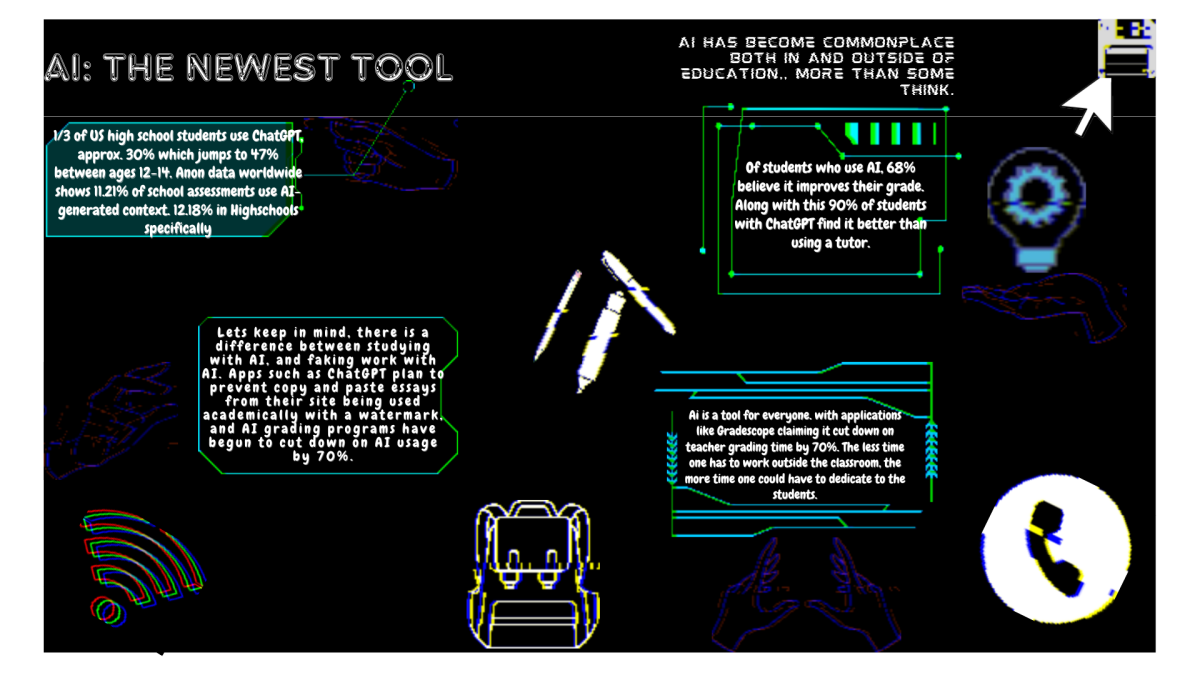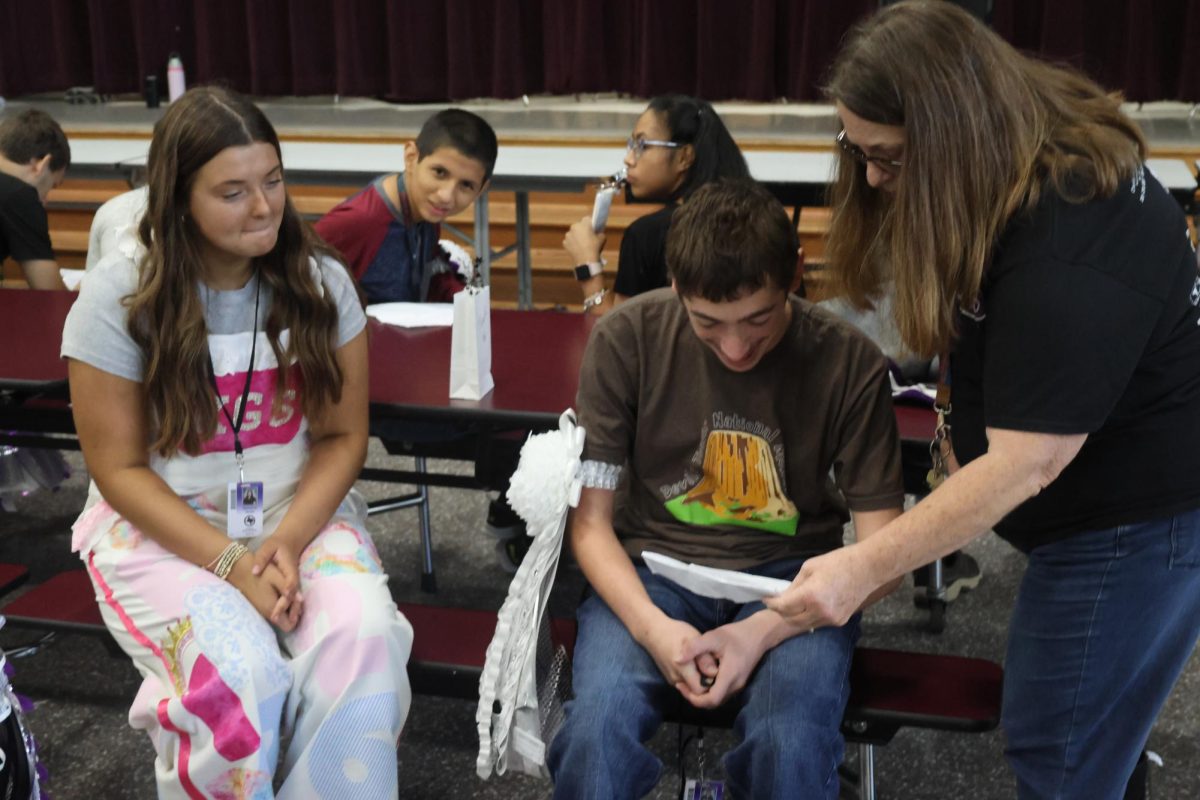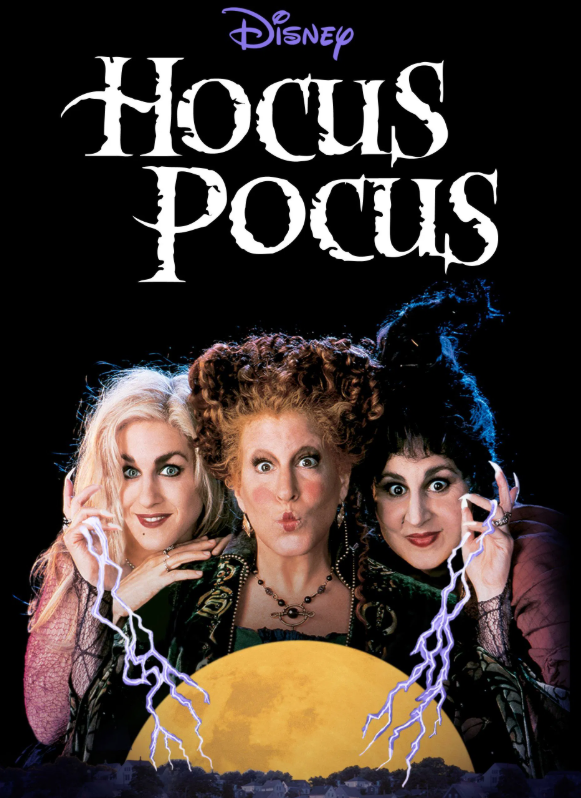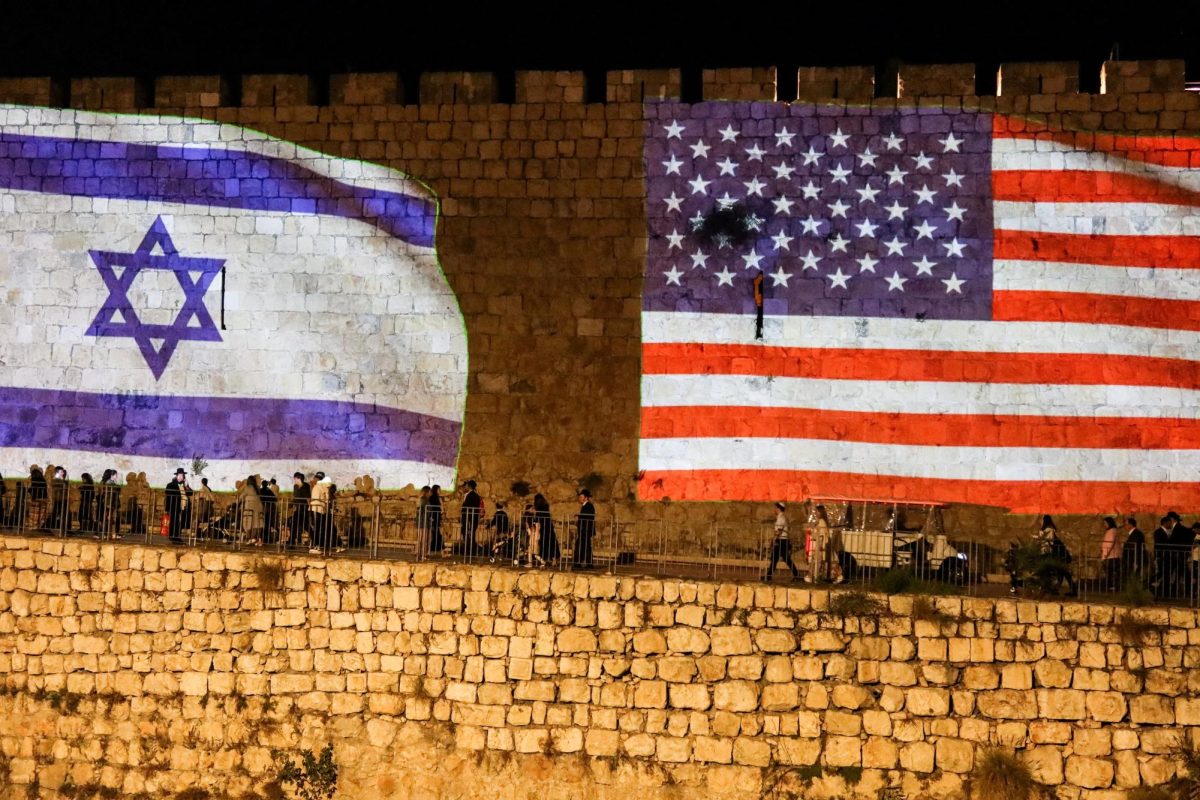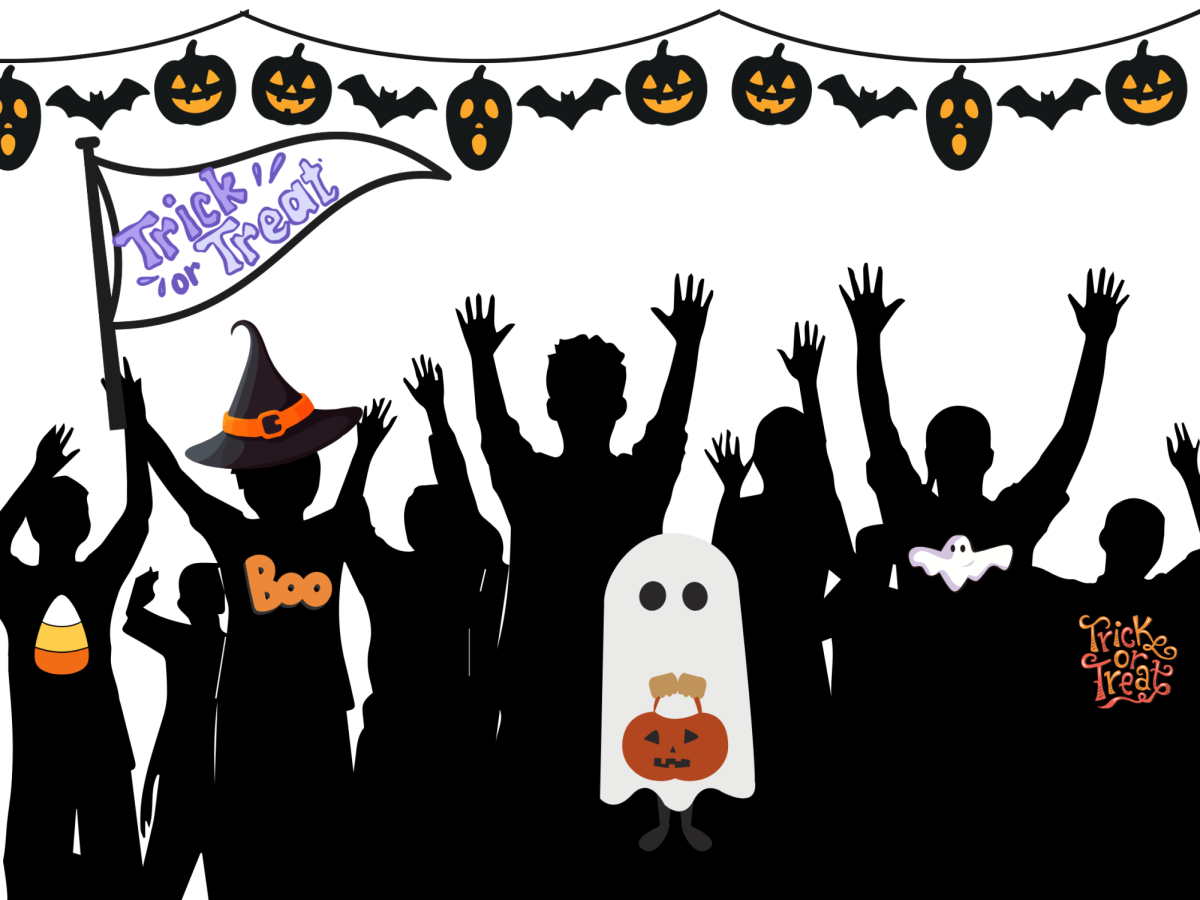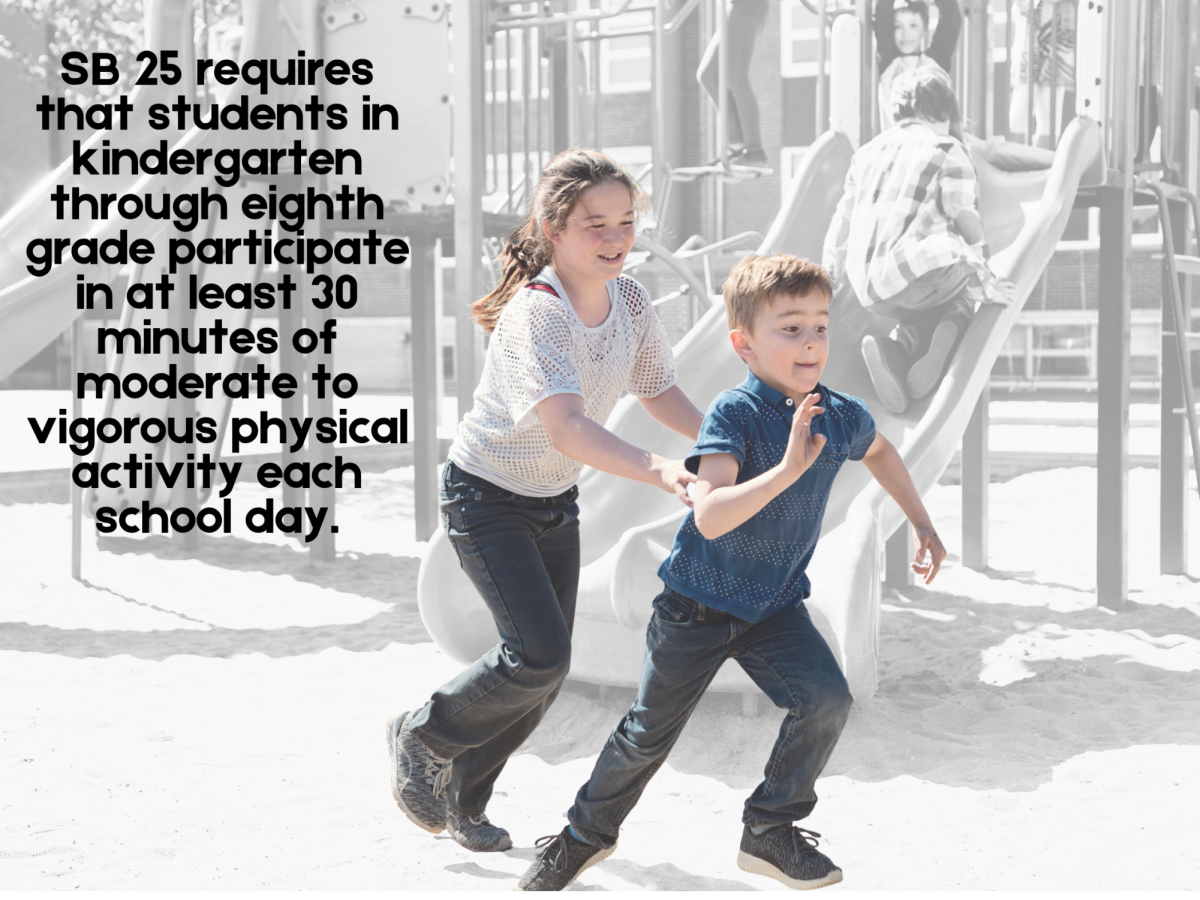As time has passed technology has grown and advanced in every factor including within schools. This can be seen with online report cards, Chromebooks over paper, and especially during COVID-19, online classes. This raises the question of whether it is always a positive for the education system. Since the 1960’s Generative AI has come to be, and as it advanced with time it led to apps like GPT-4, ChatGPT, and Synthesia being possible. With its achievements and advancements, these AI’s have become a tool in many forms, including within education. This leaves the question, is this a positive thing? To put it simply, how can AI benefit education and be used to prevent harm to it?
A large sum of people view using AI in any form as cheating, which is fair when students start submitting computer essays made by said computer, but can AI find other purposes within education? With the creation of AI tutoring apps such as Cognii, GPT-4’s AI Tutor, or even something more specific like Duolingo it has already begun to do so. These types of tutor apps are great for students to study personally but still have assistance readily available without having to communicate with people.
Granted this discussion is focusing heavily on student uses for AI, but they are not the only ones who could benefit from it. As more try to use AI dishonestly, teachers begin to utilize AI to tackle this issue, one could say it’s similar to the concept of using one’s own tool ‘against’ them. However, that is not the only way a teacher could use AI. Teachers are progressively using AI more often to evaluate multiple-choice exams to grade the many classes they may have efficiently. Along with this, some use it to develop creative classroom activities or lesson plans. Even Assistant Principals and Counselors could benefit from AI by utilizing automatic responses to emails, security screening, surveillance camera alerts, and even simply keeping track of information like ID# or contact information.
Now this information is not to deny AI commonly assists with cheating and plagiarism, but people need to put into perspective how AI is not the problem. Instead, it’s to say everyone needs to find appropriate uses for AI within the education system while still cutting down on AI-based academic dishonesty. The push for the ethical use of AI has even reached the legal level to tackle the issue of plagiarism via AI. August 18th, 2023 a Federal Judge in the US Copyright Office ruled that AI-based work can not be copyrighted under any circumstance. The Judge, Beryl A. Howell, stated human authorship is an essential part of copyright, that without a human hand putting forth the work to create a product, it is not a product to be claimed. The fact that the issue of AI-generated works has reached a legal level is an issue all of its own, but the response to it is a major step in the right direction for all.
Something that should be done on a smaller scale to cut down on the misuse of AI is discussing it within computer literacy classes. A now commonly included topic in typing courses for younger children within the modern day, it can be a valuable piece of time to introduce the topic to impressionable minds. It’s become clear that simply stating “You can’t do this because it’s against our rules” doesn’t work with determined students. One can, however, discourage it by showing them how it functions and why it doesn’t work. A great option is showing students how effective AI checkers are, why AI work isn’t valuable, and even offering other sources of assistance that don’t qualify as cheating. Examples are tutor apps or essay tools like Grammarly. People typically cheat under the assumption they can get away with it, and that they’ll get the easy grade without repercussions. Noting this, proving that it’s not so trouble-free would cut down on the number of people willing to try.
Students will never stop cheating in school, let’s not pretend they will. This does not mean schools shouldn’t try to make fewer participants, academic success relies on both the teacher and the student. Education is a tool to prosper, shortcoming should be seen as a time to educate. Tactics change, and preventative measures should too.


